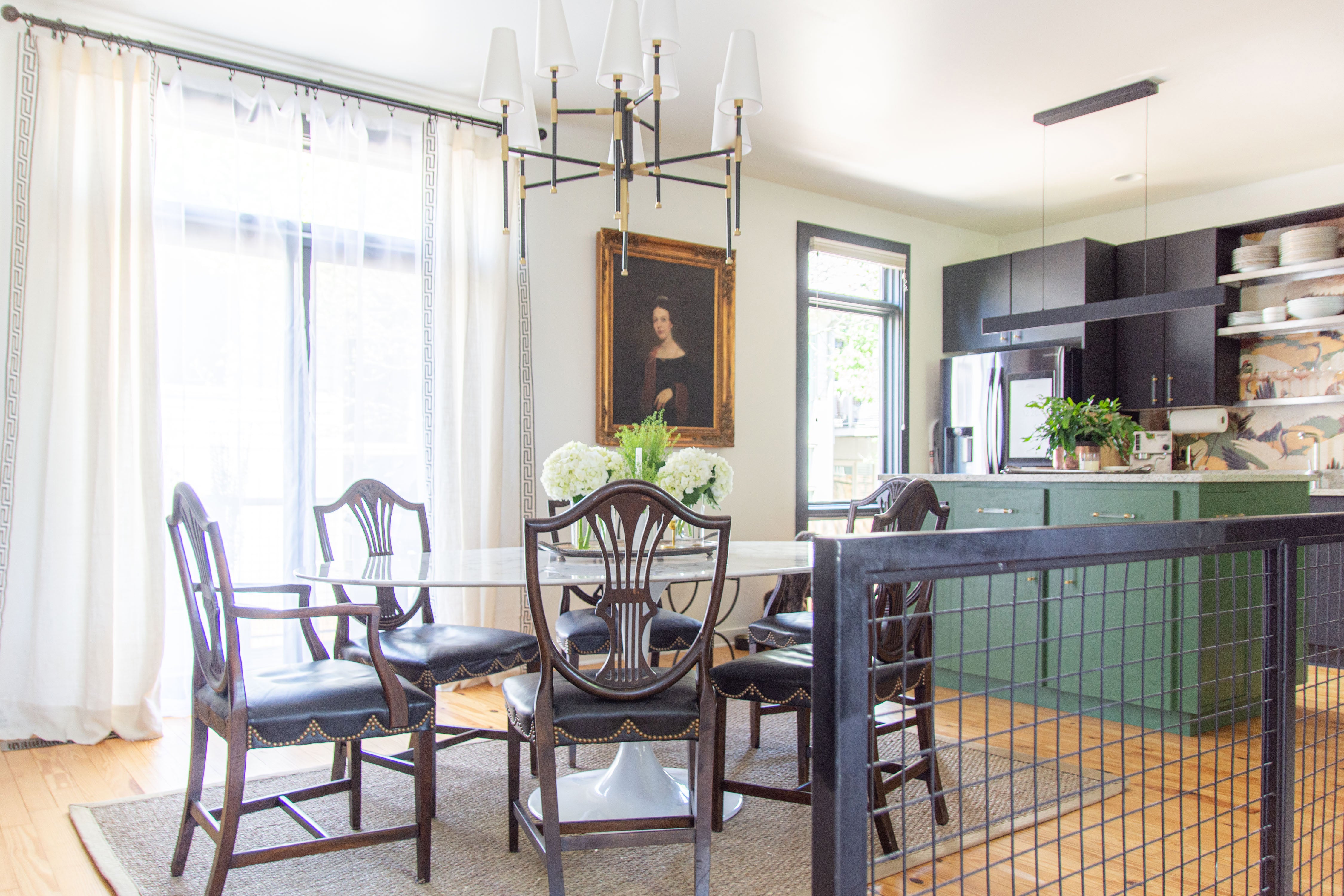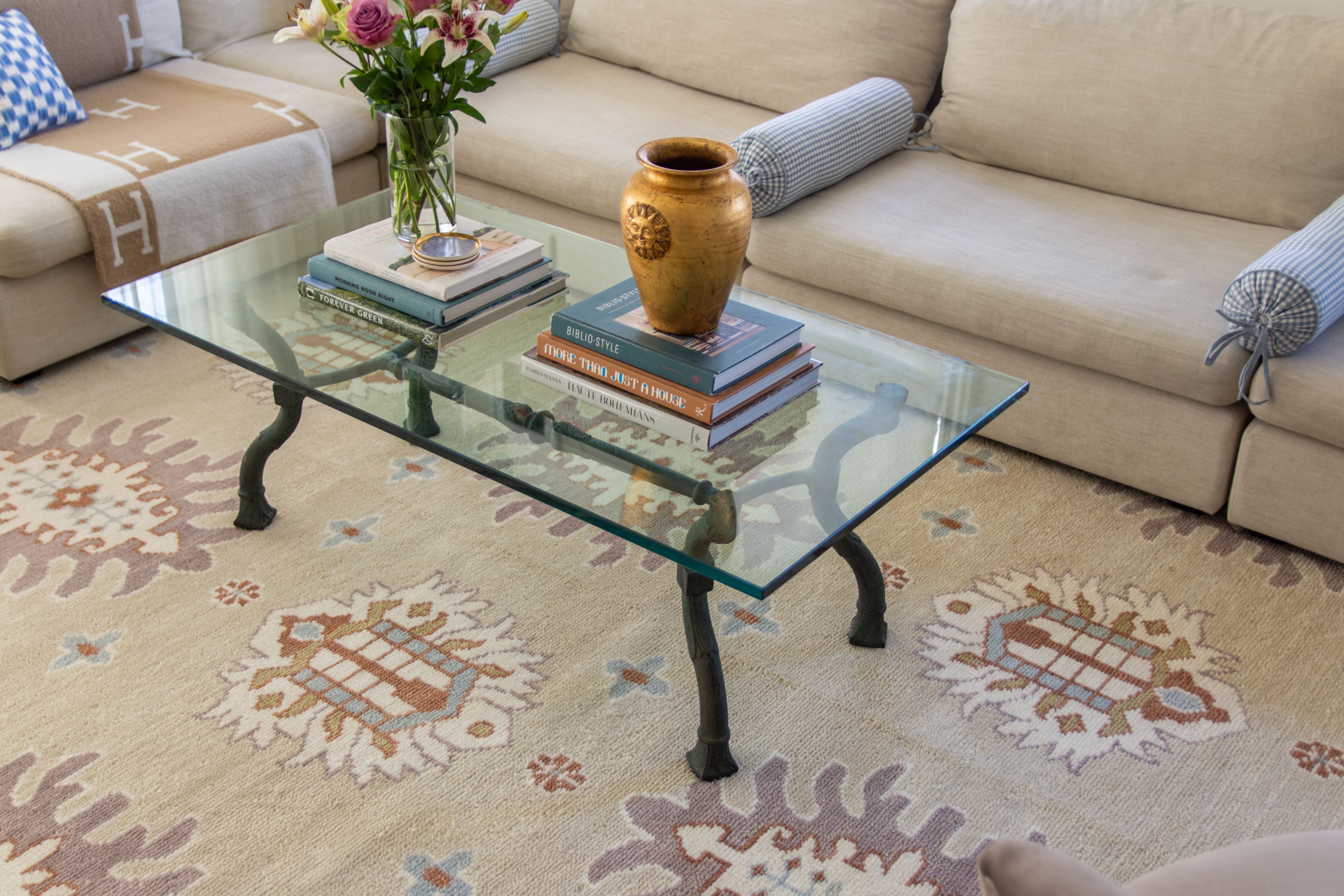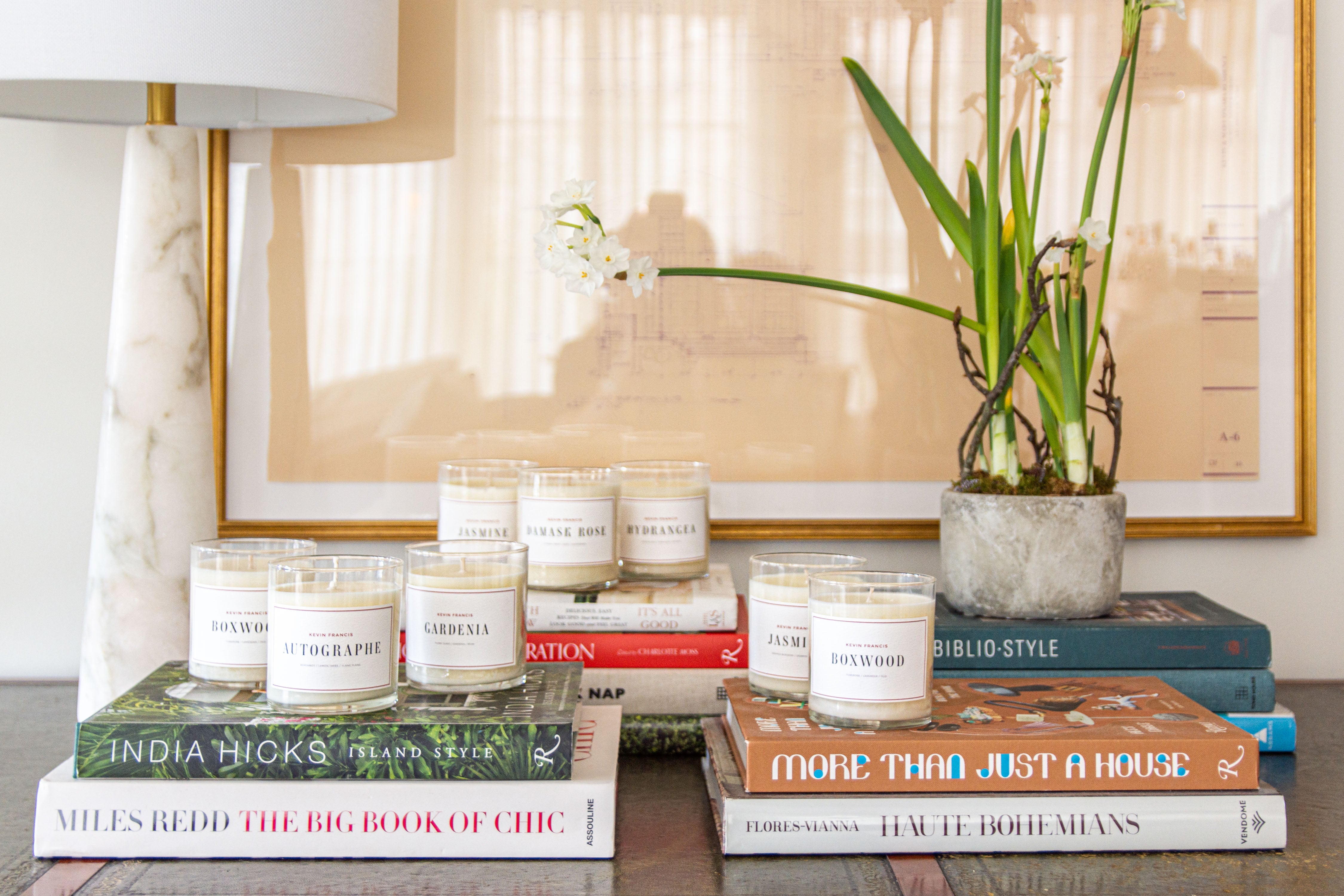Before You Renovate: 5 Important Questions to Ask Yourself

Whether you’re adding an extension, updating an outdated space, or customising your home to better suit your needs, renovating your home can be an incredibly exciting experience.
However, full home renovations can also be a complex, disruptive, time-consuming and an often daunting undertaking. Therefore, it is crucial to have a clear understanding of what you want to achieve and how you plan to fund it before you start selecting materials and tearing down walls.
Most budget overruns occur because of a lack of knowledge about the cost of materials, trades, and other factors. At the same time, misunderstandings about deadlines or deliverables can also cause issues that can lead to a breakdown in your relationships with tradies.
Subsequently, the more you educate and prepare yourself beforehand, the smoother the project is likely to go. For this reason, if you intend to renovate your home in the future, it is important to establish a thorough plan and ask yourself some key questions to ensure you clearly understand what you’re getting into.
In the following article, we will explore 5 key questions to ask yourself before embarking on a full home renovation project. By taking the time to carefully consider them you will go a long way towards setting yourself up for a successful and satisfying renovation experience.
1. Why are you renovating?
When you're renovating your property, it's important to be aware of the motivation behind it. Are you renovating to create a better overall design for your living environment, to sell your home for a profit, to increase your rental return, or to improve its overall capital value?
However you answer this question, it will have a significant impact on almost every decision you make before, during and after the renovation process.
For instance, if you're renovating your property to sell it for a profit, you must be mindful of what your target market wants, not your personal preferences. You might like an avocado-coloured lounge room with a flashing glitter ball on the ceiling, but potential buyers might not. However, if you're renovating your own home to live in, you can of course make your decisions based on your personal tastes.
While it is not a good idea to over-capitalise on your property, it's not as critical to have a significant financial margin between what you spend and what you stand to make if you plan on staying there for a while.
2. What is your budget
When planning your home renovation, you will need to carefully consider your budget. Doing this will determine the type, quality, and duration of your renovation. So, it is a crucial aspect to address early on.
You would be well advised to make sure your budget is as accurate as possible to avoid any unforeseen costs that may leave you with an incomplete renovation or even spiralling debt.
Furthermore, when calculating your costs, you should always allow a buffer of at least 10 percent to cover any unexpected expenses. (After all, you never know what you might find when you open up walls!).
Even experienced renovators face unexpected costs. Subsequently, you should decide what your must-have items are, and allocate your budget accordingly. It's important to keep in mind that there may be costs beyond the aesthetics, such as stamp duty, insurance, and those related to property-improvement. Additionally, other costs like demolition and professional site clean-up with a company like 1300 Rubbish should not be overlooked.
When determining your must-have items, consider investing more in quality materials for your kitchen island or bathroom vanity, that will stand the test of time, as they tend to have the most wear and tear. Alternatively, you might consider splurging on lighting or a splashback which can set the mood in a room and immediately draw the eye as a cool or notable feature.
3. Is the renovation structural or cosmetic?
If you plan to knock down walls, reconfigure the floor plan, or extend your property, you may need to receive official planning and building approvals before starting any work. Moreover, you should contact your local council to learn about their regulations and make sure that your home improvement project complies with them.
On the other hand, if you are only renovating your home cosmetically, your expenses will typically be lower. However, if your aim is to earn a profit from your renovation, you should focus on improving the visual appeal of the property.
One of the best ways to do this is to enhance those elements that prospective buyers notice right away when entering a property. For instance, you could focus on improving your curb appeal, entrance, window furnishings, light fixtures, and flooring, as these can all make a terrific first impression.
4. Who is going to do the work?
Before starting a renovation project, you will need to decide whether you want to manage the process yourself or hire a project manager or builder to oversee the work.
Hiring a project manager can be helpful as they can ensure the work is completed efficiently and can be responsible for assembling a team of workers for you. However, if you're trying to keep costs down and prefer a more hands-on approach, you will need to build your own team.
Should you choose to do the latter, it is important to ensure that any tradespeople you employ are fully licensed and insured and that they carry out their work to the legislative Australian standards.
5. How will you manage fatigue and stress?
If you're going through a long renovation, it can cause plenty of disruption to your property, which in turn could result in your experiencing mental and physical fatigue and stress. However, it is important to know that you don't have to do it alone and have strategies in place for when you need a break from the project.
Reach out to friends and family who live nearby and ask if they can offer you a place to stay, do your laundry, have a hot shower, or simply provide you with emotional support every now and then. At the same time, it is essential that you set aside some time for yourself.
Even if that takes the form of a quick walk in the park or getting fresh air during a break for lunch, it can make a significant difference in how you feel. Doing this can also help you gain clarity and reduce stress by distancing yourself from the renovation site and giving yourself a mental refresh.
Another way to minimise the stresses of renovating is to regularly declutter and pack up the work area. When doing this, you should keep the items you will need during the renovation within easy reach and pack up the rest into boxes. (Make sure you label and itemise each one of the outside, for ease of reference when searching for something you’ve put away).
If possible, you should also move the boxes to a separate storage area away from the main flow of traffic through the house. It's going to feel crowded enough with the tradespeople and all their equipment around, so you will need to create as much space as you can.
Conclusion
Whatever form of renovation you plan on doing you should always remember the five P’s - perfect planning prevents poor performance.
Planning is crucial to any renovation and the best way to do this is to ask yourself a series of questions that will focus your mind clearly on the task ahead.
The questions outlined in this article is a good starting point and of course you can ask yourself more. But just by devoting some time to answer them as honestly and in as much detail as possible, you will be laying an excellent foundation to make your renovation project a major success.









